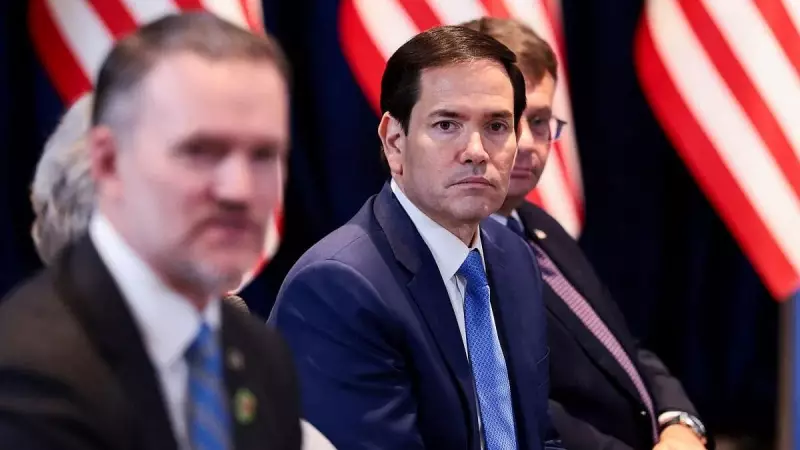
In a statement that's stirring international controversy, prominent US Senator Marco Rubio has asserted that Israel's recent military strike in Gaza does not constitute a violation of the current ceasefire agreement. The Florida Republican's comments come amid growing global concern about escalating tensions in the region.
The Senator's Stance on Middle East Conflict
Senator Rubio, known for his influential voice on foreign policy matters, presented a detailed justification for his position. He emphasized that the specific nature and timing of the Israeli operation fell within what he described as "acceptable parameters" of self-defence under international agreements.
"When you examine the technical details and contextual circumstances," Rubio stated, "this action represents a measured response to immediate security threats rather than a breach of diplomatic agreements."
International Reaction and Diplomatic Fallout
The senator's comments have generated mixed reactions across the global political spectrum:
- Several Western allies have expressed support for Rubio's interpretation
- Human rights organizations have raised serious concerns about civilian impacts
- Middle Eastern diplomats are calling for independent verification of the strike's circumstances
- United Nations officials are monitoring the situation closely
Broader Implications for Regional Stability
This development occurs against the backdrop of fragile peace negotiations and ongoing humanitarian efforts in Gaza. Regional analysts suggest that interpretations of ceasefire terms could significantly influence future diplomatic engagements between Israel and Palestinian authorities.
The timing of these statements coincides with increased international mediation efforts aimed at de-escalating tensions in the conflict-ridden territory.
What This Means for US Foreign Policy
Rubio's position reflects ongoing debates within American political circles about the appropriate level of support for Israeli security operations. The senator's influence on the Senate Foreign Relations Committee means his interpretations carry substantial weight in Washington's policy-making corridors.
As the situation develops, international observers are watching carefully how this perspective might affect broader ceasefire compliance assessments and future conflict resolution frameworks in the Middle East.





